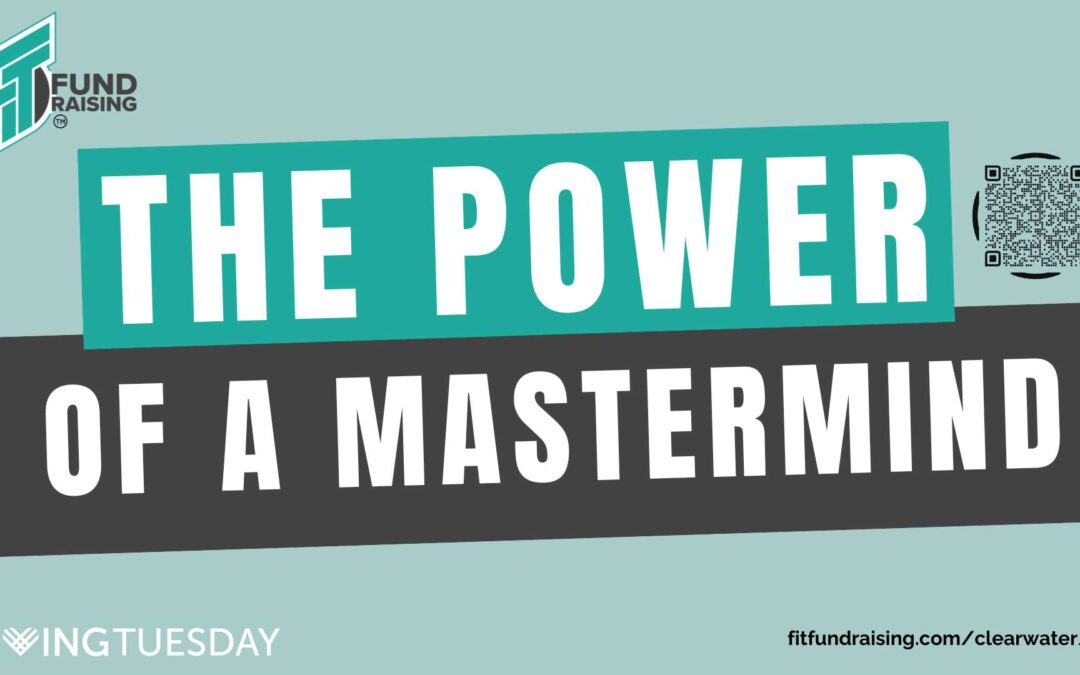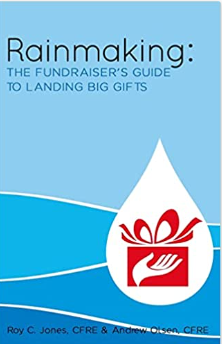Intro
Welcome to the Fit Fundraising podcast, where we bring you game changing fundraising topics direct from our meetings with major donors and nonprofits nationwide. We don’t interview consultants who haven’t met a donor in decades for fundraising stays on the front lines with nonprofit donors and leaders. This podcast is a glimpse into our work with nonprofits as we get on the field of them and successfully modeled fundraising.
Roy Jones
Welcome to the Fit Fundraising Podcast! Today we’ve got a special episode for you—we’re going to be discussing mastermind groups. This really is a new, cutting-edge way of training and coaching, and we’re going to spend some time on it today.
I have an amazing guest with us to discuss this topic: Dina Jones. She’s a professor at Liberty University, where she has taught for about 12 years. She’s an expert in marketing and helps people publish books, organize events, and take advantage of digital marketing opportunities. Dina has co-authored many books, including titles with Julie Clinton and Megan Allison. Their new book, Be Still, releases this fall and focuses on bringing peace and balance into your life.
Dina has truly been a great asset to us here at Fit Fundraising, helping as a contractor with many things—including how to run effective mastermind groups. Dina, thank you for joining us today.
Dina Jones
Thank you so much for having me. I am so excited! This is my first time on the Fit Fundraising Podcast, which I’ve been following since its inception. It’s great to be here today, and I’m thrilled about our topic—talking about masterminds.
Roy Jones
Well, it’s different for me. As an old Boomer, I’ve gone to a lot of conferences and spoken at a lot of conferences. But this concept of pulling peers together in a mastermind group—what a great way to learn.
Let’s jump right in. Tell me about your first experience with mastermind groups. How did it shape how you’ve learned and grown? Share a little bit about your personal experience.
Dina Jones
Yes, I’d love to. I was actually thinking about it this morning. I remember very clearly the first time I heard about masterminds. It was at my favorite conference—the AACC World Conference in Nashville. My friend Leslie Vernick reached out to me and a few others and said, “Hey, while we’re here, let’s pull away one evening. We’re going to do more than networking. We’re going to share ideas.”
She told us, “I’ll share how I tripled my revenue and made important shifts.” This was in 2017, when coaching was really growing in value. Leslie said, “I’ll explain how I’ve integrated coaching into my business while keeping my vision and values intact. Then I want you all to share what’s working for you.”
That gathering felt different. I can picture us now—sitting in a little dive restaurant in Nashville, sharing our ideas. It was deeper than networking—it was a mini mastermind. And from that night on, some of the others started hosting masterminds themselves. Since then, I’ve watched many of those women go on to lead or participate in masterminds. And I’ve seen the power of what happens when peers come together, not just to connect, but to truly collaborate.
Roy Jones
Wow. It reminds me of the old adage—you and I as Christians would say straight from Scripture—iron sharpens iron, doesn’t it? So often we’re afraid to get together, to be open with one another, to share what’s working or not working in our lives and businesses. Masterminds do just the opposite. For our listeners who may be unfamiliar—you’ve mentioned networking and coaching—how is a mastermind different from those practices?
Dina Jones
I think masterminds combine the best parts of both coaching and networking. But unlike networking with 100 people at a conference, a mastermind is a smaller, more focused group—10, 20, maybe 30 people.
You meet intentionally—not just to swap business cards or listen to one speaker, but to really share what’s working, where you’re stuck, and what you need help with. And instead of one leader doing all the teaching, the collective wisdom of the group adds value. Typically, each person gets time to share wins, challenges, and concerns. The group asks clarifying questions, gives feedback, and offers encouragement. And often, just verbalizing a problem helps people see it more clearly.
Of course, there’s still a facilitator—an experienced coach who guides the conversation and keeps it on track. But the true power comes from everyone around the table. It’s like gaining a whole extra board of advisors for that moment in time.
Roy Jones
That’s fascinating. So many nonprofit leaders I meet feel isolated—even though their role is meeting with donors and people in the community. It sounds almost counterintuitive, but they feel alone. How do mastermind groups help leaders deal with that?
Dina Jones
Exactly—nonprofit leaders carry unique pressures. They balance the mission, staff, and donors—often with very limited resources. A mastermind creates a confidential space to talk about things you can’t say to staff or donors.
For fundraisers especially, it sparks creativity, builds confidence, and reminds them they’re not alone. When you realize others face the same challenges, it lifts the weight. If you’re the only fundraiser on staff—or part of a very small team—that space to connect with peers is invaluable.
Roy Jones
That’s powerful. People think nonprofits are all massive national organizations, but most are small—often with just one or two development staff. Out of more than 2 million nonprofits in the U.S., most have tiny teams. So to gather with others facing the same issues—sharing struggles and successes—what a gift. I’m excited about my first mastermind group. But tell me: does this concept apply across the board—to major gifts, digital marketing, legacy giving, and so on?
Dina Jones
Yes, absolutely. Today’s nonprofit roles are more interdisciplinary than ever. A marketer might need to understand fundraising. A fundraiser might need to grasp digital strategy. In small teams especially, wearing multiple hats is the norm. Masterminds help you see the big picture, even if fundraising is only part of your role. And when participants come from varied backgrounds, the group gets stronger. Different perspectives bring extra creativity and value.
Roy Jones
That makes so much sense. And in the nonprofit world, we’re not really competitors. Donors often give to multiple causes—an average of 7.2 charities per person. So sharing strategies doesn’t threaten anyone—it strengthens all of us. Do you think masterminds also help leaders be bolder with donors and boards?
Dina Jones
Definitely. Being in a mastermind shifts your mindset from fear to faith. Many leaders worry—“Am I asking right? Will I offend someone?” But when you hear peers describe donor conversations as ministry, not sales, it reframes everything. Spending time with purpose-driven people gives you courage, language, and clarity. It reminds you why the work matters—and gives you boldness to act on it.
Roy Jones
That’s good. I’ve been thinking mostly of fundraisers and development directors, but it sounds like masterminds could be especially valuable for CEOs. How is it different for them?
Dina Jones
Yes, I recommend CEOs join masterminds. Leadership can be lonely. CEOs often pour into staff and donors but rarely have peers to confide in.
In a mastermind, they’re both giving and receiving—sharing wisdom but also hearing from others who truly understand nonprofit leadership. It lightens the load and refreshes their perspective.
Roy Jones
I know a few “lone ranger” CEOs who would benefit from exactly that—having a confidential, supportive space.
Dina Jones
Yes. It reminds me of a conference I attended for church-based counselors. Most were the only counselor in their church—used to carrying everyone else’s burdens. Liz Curtis Higgs got up and said, “All those things you carry—it’s like a backpack. Right now, set it down. Relax your shoulders.” And the whole room sighed in relief.
That’s what a mastermind can do for CEOs and fundraisers alike. It lets you set the backpack down and be renewed.
Roy Jones
That’s biblical, isn’t it? Iron sharpens iron. Fellowship, accountability, encouragement—that’s exactly what masterminds create.
Dina Jones
Yes, absolutely. Proverbs says, “As iron sharpens iron, so one person sharpens another.” In masterminds, you call out the best in each other, offer accountability, and encourage one another toward good works.
Roy Jones
Well, that gets me even more excited about what’s coming up September 19–20. Fit Fundraising is hosting our first Giving Tuesday Mastermind at the Clearwater Beach Hilton—an iconic hotel on one of the top beaches in America.
We’ll kick off with a reception Friday night, then spend Saturday building out Giving Tuesday marketing plans from start to finish. With CEOs, development directors, and marketing leaders in the room, it’s going to be powerful.
If you haven’t registered yet, visit fitfundraising.com and click the Clearwater Beach photo at the bottom of the page. Join us for this special weekend and sharpen your strategy.
Dina, thank you for sharing your experience and leadership. If someone wants to reach you directly, how can they connect?
Dina Jones
You can find me on social media, or email me anytime at DinalynnJones@icloud.com. I’d love to hear from you. Thank you for listening, and thank you for having me!
Roy Jones
We’re so excited. Thanks again, Dina. And to our listeners—join us in Clearwater, Florida, and stay tuned for the next Fit Fundraising Podcast.
Intro
Thanks so much for listening to the FIT Fundraising Podcast. Please make sure to subscribe on your favorite podcast app so you’ll be notified of future episodes. And as always, make sure to visit fitfundraising.com to get your fundraising program into shape.
- Register for the Giving Tuesday Mastermind
- Follow Us: Facebook | LinkedIn
- Subscribe to the Fit Fundraising Podcast: Apple Podcasts | Spotify
- Visit our Website at fitfundraising.com


